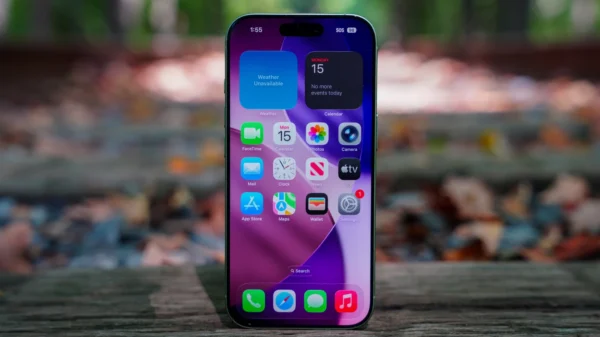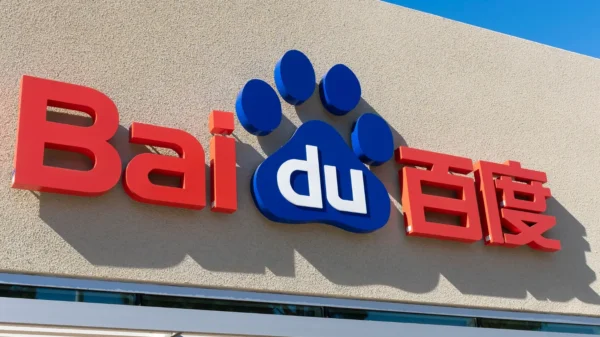Federal Court Ruling: Ripple’s XRP Token and Its Securities Status. In a recent ruling by the U.S. District Court of the Southern District of New York, Judge Analisa Torres delivered a significant verdict regarding Ripple Labs, the XRP token, and the securities law implications surrounding its sale. This ruling has garnered substantial attention within the cryptocurrency industry and beyond. In this comprehensive article, we delve into the nuances of the court ruling, exploring the implications for Ripple, XRP investors, and the broader crypto landscape.
Understanding the Ruling
Judge Torres carefully examined multiple sales methods of the XRP token and applied the Howey Test, a framework used to determine whether an investment contract qualifies as a security. The ruling provides distinct conclusions for different types of sales:
Institutional Sales and XRP as a Security
Judge Torres approved the Securities and Exchange Commission’s (SEC) motion for summary judgment regarding the institutional sale of XRP by Ripple Labs. This means that, for institutional sales, XRP qualifies as a security. The court’s decision supports the SEC’s claim that Ripple’s sale of XRP to sophisticated investors constituted an unregistered securities offering.
Programmatic Sales and Public Sales
In an interesting turn of events, Judge Torres denied the SEC’s request for summary judgment concerning programmatic sales of XRP and sales to the broader public. The ruling suggests that XRP does not qualify as a security in these contexts. This distinction has been seen as a positive development by many members of the crypto community, particularly retail investors invested in the non-security aspect of the ruling.
Ripple’s Legal Journey
The legal battle between Ripple Labs, the SEC, and the classification of XRP has been ongoing since December 2020. The SEC filed a lawsuit against Ripple Labs and its executives, Brad Garlinghouse and Chris Larsen, alleging unregistered and ongoing digital asset securities offering that raised $1.3 billion. This ruling marks a pivotal moment in the case.
The Impact on the Crypto Industry
Judge Torres’ ruling carries significance beyond Ripple Labs and XRP. It sets a precedent for other crypto firms engaged in legal disputes with the SEC, providing potential ammunition for their arguments regarding regulatory jurisdiction. The decision highlights that other agencies, in addition to the SEC, hold varying views on the legality of certain cryptographic activities. This nuanced stance underscores the complex regulatory landscape surrounding cryptocurrencies.
Market Response and Investor Sentiment
Following the court ruling, XRP experienced a surge in value, with a 28% increase to 60 cents. This upward movement indicates that the market perceives the ruling as reducing the legal risk associated with XRP and Ripple Labs. The judge’s decision has influenced investor sentiment, contributing to the positive market reaction.
Looking Ahead
While the ruling represents a partial victory for Ripple Labs, it is essential to acknowledge the potential for appeal and further legal proceedings. The final judgment or subsequent decisions could lead to a different outcome. The judge’s decision has influenced investor sentiment, contributing to the positive market reaction. Legal proceedings and regulatory landscape to comprehensively understand the long-term implications.
Conclusion
Judge Analisa Torres’ ruling in the Ripple Labs case has clarified the securities status of XRP for anguishing between institutional sales and programmatic/public sales. This decision carries implications for Ripple Labs, XRP investors, and the broader crypto industry. As the legal battle continues, stakeholders must remain informed about the evolving regulatory environment. The ruling’s impact resonates far beyond the Ripple-XRP saga, contributing to the ongoing conversation surrounding the classification of cryptocurrencies and their relationship with securities laws.












































